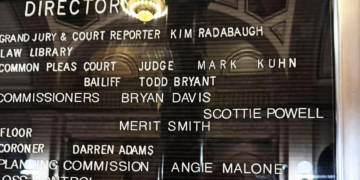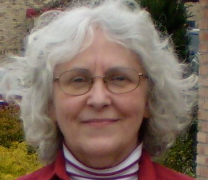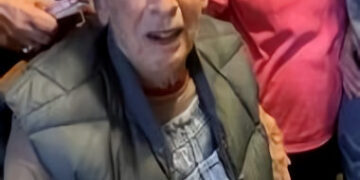Listen to the article.
In a December meeting of the Portsmouth City Council, officials debated an amendment to Codified Ordinances 753.21, which would prohibit the use of tents for habitation within city limits. Despite lengthy discussions about public health and safety concerns, the council ultimately voted to take no action—effectively leaving the situation unchanged as winter’s deep freeze gripped the region, forcing the homeless to endure dangerous, subfreezing conditions without any additional aid (aside from random warming station days and times).
City Manager Sutherland explained that the proposed amendment stemmed from increasing issues with debris and waste left behind as unhoused individuals moved from place to place. He cited an effort two summers ago in which the city removed 600 tons of trash from an encampment under a viaduct. While emphasizing that the city was not seeking to criminalize homelessness, he noted that officials were attempting to manage the public health and sanitation concerns caused by makeshift encampments.
The mayor described a situation on Fourth Street where a tent had been set up in a residential backyard. The occupants, she said, lacked access to running water and had resorted to using a five-gallon bucket as a toilet, dumping the waste into a nearby alley. Concerned neighbors reported unsanitary conditions and foul odors, raising fears about the spread of disease.
Council members debated the issue, with some arguing that a nuisance definition was necessary to distinguish between minor inconveniences—such as loud noise—and serious health hazards, like human waste accumulation. Others opposed waiving the three-reading rule, insisting more time was needed to assess the full impact of the amendment.
Code Enforcement Officer Gedeon supported a careful approach, suggesting that the ordinance include language specifying that tents could not create nuisance conditions rather than banning them outright. He also emphasized the importance of offering mental health and addiction treatment resources to unhoused individuals rather than simply displacing them.
The city has already taken action in some instances. Gedeon described past experiences where he worked with individuals to find stable housing. However, he also warned that some encampments posed serious risks, including fire hazards under the Young Street viaduct, which had caught fire multiple times due to unsafe conditions.
Other council members pointed out that a recent U.S. Supreme Court ruling determined that cities could ban sleeping on public property. However, some officials expressed hesitancy about implementing a blanket prohibition without viable alternatives for the displaced individuals.
The mayor proposed a possible alternative: a sanctioned tent city where social workers, job placement programs, and healthcare providers could locate and assist those in need. She noted that this concept has been successful in other cities. Several council members, including Spears, who has been working to connect unhoused individuals with resources, supported the idea of exploring alternative solutions, such as a “housing first” model or tiny home villages.
Ultimately, the council voted 5-0 in favor of taking no immediate action, choosing to table the proposal for further discussion in the new year. But in doing so, they have left the homeless population to continue suffering in subzero temperatures without any additional support. While council members ponder the issue from the comfort of their homes, the hands of law enforcement remain tied, unable to enforce laws or offer solutions. The inaction has only compounded the problem, leaving Portsmouth’s most vulnerable residents without shelter or assistance in the year’s harshest conditions.





















































































